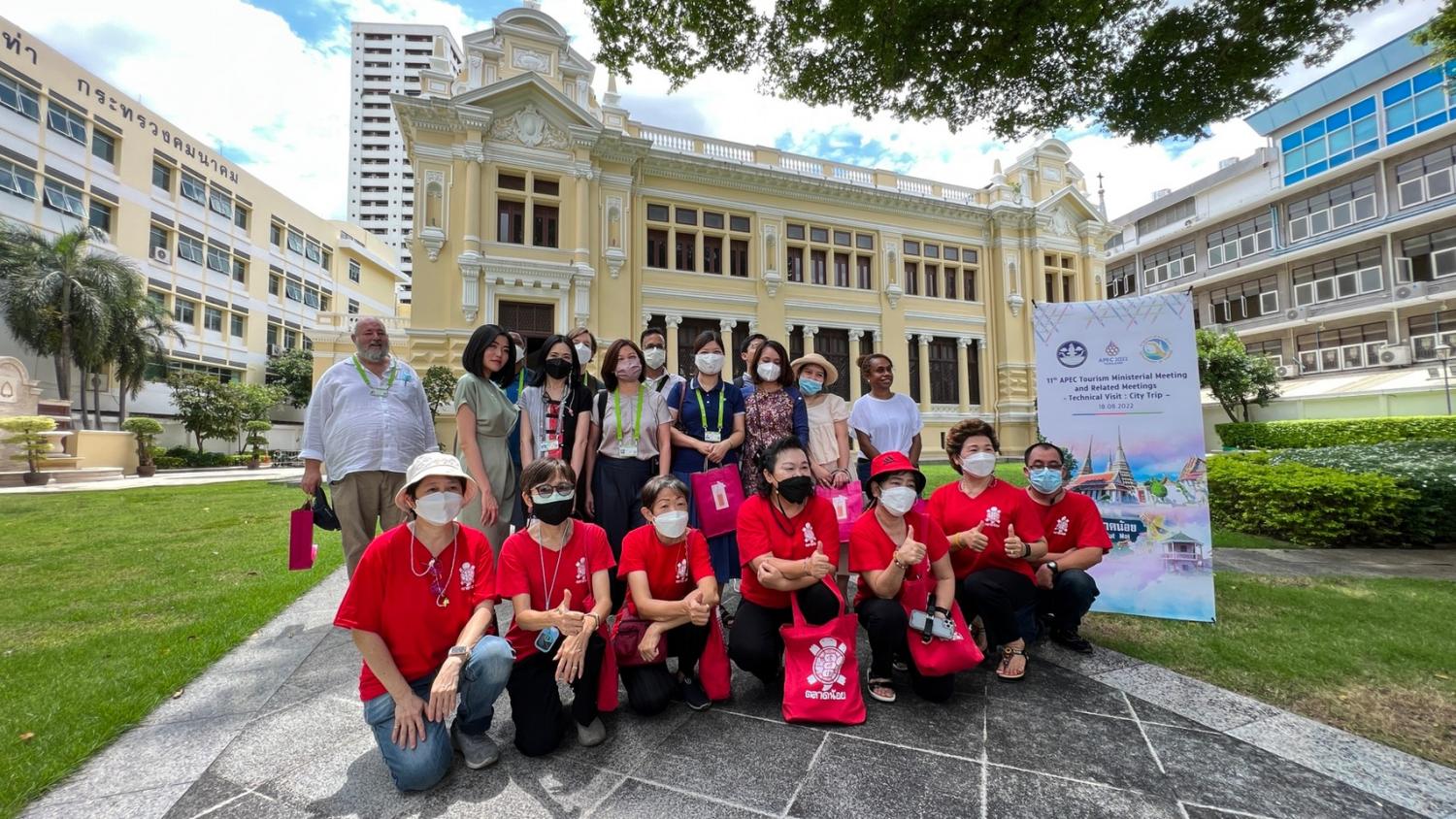
Tourism ministers from across Asia-Pacific have expressed concerns over the damaging effects of Covid-19 on the economy and travel industry, but failed to reach a consensus on all issues due to certain sensitivities.
Following Friday's conclusion in Bangkok of the 60th Apec Tourism Working Group Meeting and the 11th Apec Tourism Ministerial Meeting, the Thai government issued a statement on "Tourism of the future: Regenerative Tourism", which highlighted cooperation between 21 nations and economic zones.
Tourism and Sports Minister Phiphat Ratchakitprakarn said Apec members expressed concern over the endless Covid-19 outbreaks and current challenges that are hindering the tourism recovery, particularly the rising cost of travel due to high inflation and surging fuel prices.
Mr Phiphat said members agreed to improve economic cooperation, allowing better flows of goods, investment, and people, to bolster the tourism recovery.
However, an overall consensus could not be reached at the meetings as there were some disagreements over particular points, so the conclusion had to be issued as the "Statement of the Chair" instead.
A source who requested anonymity said one member raised concerns about the words "peace" and "stability", which were included as an important aspect needed for cooperation. That member did not want to include these two words in the statement.
Mr Phiphat said the members agreed to drive Apec towards a sustainable and balanced post-pandemic era through the concept of the bio-, circular and green (BCG) economic model, and endorsed the importance of the implementation of the Apec Connectivity Blueprint 2015-2025, which outlines "People-to-People Connectivity" and the reduction of "uncertainties relating to tourism".
Regarding fast-changing business conditions, each government will assist with firms' transitions, particularly the ability to adapt to the ways of the digital economy, new ways of working, and ongoing investment through Apec projects.
Meanwhile, the Apec Tourism Working Group will continue the 2020-2024 strategic plan, which focuses on four pillars: digital transformation, human capital development, travel facilitation and competitiveness, and sustainable tourism and economic growth.
"Significant new uncertainties and challenges have heightened the need to harness our cooperation and advance work on sustainable tourism, to achieve our vision of an open, dynamic, resilient and peaceful Asia-Pacific community by 2040, according to the Apec Putrajaya Vision 2040," said Mr Phiphat.
